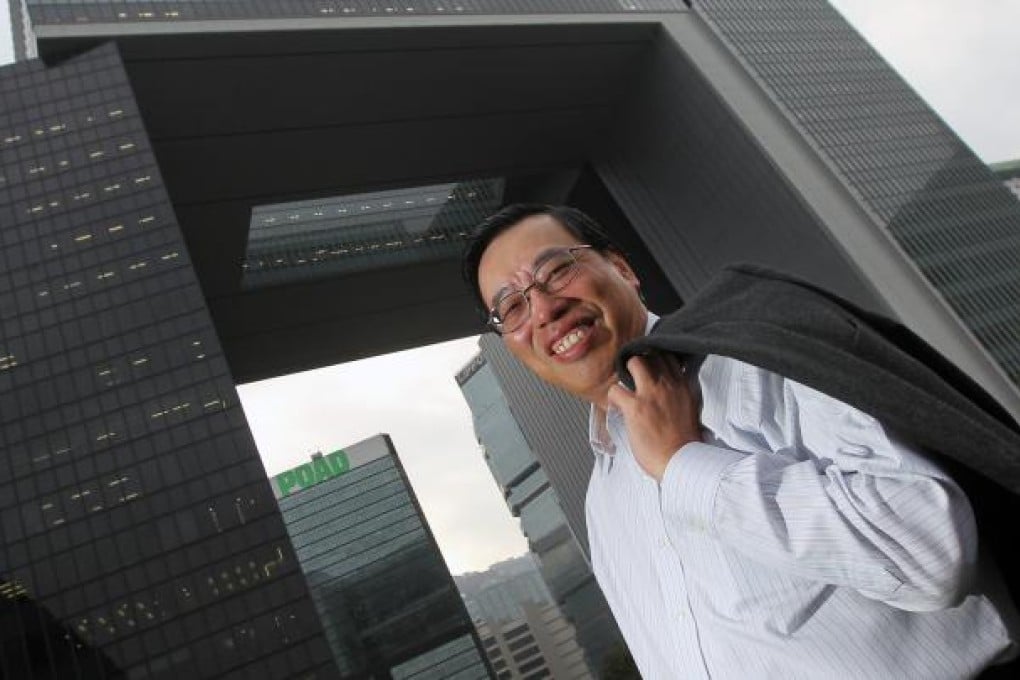Andrew Leung's 65-hour week plan angers unionists
Lawmaker Andrew Leung's proposed ceiling on hours, with no overtime pay, to let staff 'enjoy family life' is rejected as 'hardly acceptable'

With debate over legislating standard working hours apparently deadlocked, a leading business lawmaker has floated an idea of capping weekly working hours at 65 - without overtime pay.
The proposal by industrial sector legislator Andrew Leung Kwan-yuen has infuriated unionists, who want time-and-a-half pay for hours worked over the standard.
Leung, chairman of the new Business and Professionals Alliance, said the issue should be handled "very carefully" and no legislation should be put forth until a "wide consensus" was reached.
"The unionists are talking about letting employees go home earlier and enjoy family life. A regulation on the maximum working hours would serve this purpose. The ceiling can be set at 65 hours a week," said Leung, who represents the Federation of Hong Kong Industries in the Legislative Council. "Otherwise, you are only talking about money."
Unionists said standard working hours could not be replaced by a mere working-hour cap.